When Jack Kennedy learned on a May morning in 1948 that his sister Kathleen, known as Kick, had been killed in a plane crash in Europe, he had been listening to recordings from the Broadway musical “Finian’s Rainbow.”
Jack, not yet 31, had already lost his older brother Joseph Jr., a Navy pilot whose plane exploded while on a bombing mission in World War II. It’s not easy to imagine the kind of resilience required to make your way through tragedies that, in the case of the Kennedys, often reached Shakespearean proportions. That resilience was one of the many things to admire about Jack and his siblings, fortunate in so many ways and damned in so many others.
It’s easy to miss the point about the Kennedys. The drama is always right there in your face to distract you. (Even now, with Ted barely gone, the struggle is under way over how his successor in the Senate is to be chosen, and whether Ted’s death will be a spur to — or the death knell for — health care reform.)
The most significant aspect of the Kennedys, more important than their reliably liberal politics or Ted’s long list of legislative accomplishments, was their ability to inspire. They offered the blessed gift of hope to millions, year after year and decade after decade. The key to understanding both the influence and the importance of the Kennedys was to pay close attention to what they said and what they tried to accomplish, and not let the depths of meaning in their words and aspirations become obscured by individual failings or shortcomings, the Kennedy Sturm und Drang.
So there was President Kennedy in 1963, in a landmark commencement address at American University in Washington at the height of the cold war, making an impassioned case on behalf of “the most important topic on earth: peace.” Calling for a halt to the arms race with the Soviet Union, Kennedy told the graduates that it was important for Americans to examine their attitudes toward peace.
“Too many of us think it is impossible,” he said. “Too many think it is unreal. But that is a dangerous, defeatist belief. It leads to the conclusion that war is inevitable, that mankind is doomed, that we are gripped by forces we cannot control. We need not accept that view. Our problems are man-made, therefore they can be solved by man.”
The Kennedy message was always to aim higher, and they always — or almost always — appealed to our best instincts. So there was Bobby speaking to a group of women at a breakfast in Terre Haute, Ind., during the 1968 campaign. As David Halberstam recalled, Bobby told the audience: “The poor are hidden in our society. No one sees them anymore. They are a small minority in a rich country. Yet I am stunned by a lack of awareness of the rest of us toward them.”
Bobby cared about the poor and ordinary working people in a way that can seem peculiar in post-Reagan America. And his insights into the problems of urban ghettos in the 1960s seemed to point to some of the debilitating factors at work in much of the nation today. Bobby believed, as Arthur Schlesinger Jr. has noted, that the crisis of the cities ultimately came from “the destruction of the sense, and often the fact, of community, of human dialogue, the thousand invisible strands of common experience and purpose, affection and respect which tie men to their fellows.”
Kennedy worried about the dissolution of community in a world growing ever more “impersonal and abstract.” He wanted the American community to flourish, and he knew that could not be accomplished in an environment of increasing polarization, racial and otherwise.
“Ultimately,” he said, “America’s answer to the intolerant man is diversity, the very diversity which our heritage of religious freedom has inspired.”
Like his brothers and sisters (don’t forget Eunice Kennedy Shriver and the Special Olympics), Bobby believed deeply in public service and felt that the whole point of government was to widen the doors of access to those who were being left out.
“Camelot” became a metaphor for the Kennedys in the aftermath of Jack’s assassination. But I always found “Finian’s Rainbow” to be a more appropriate touchstone for the family, especially the song “Look to the Rainbow,” with the moving lyric, “Follow the fellow who follows a dream.”
That was Ted’s message at Bobby’s funeral. The Kennedys counseled us for half a century to be optimistic and to strive harder, to find the resilience to overcome those inevitable moments of tragedy and desolation, and to move steadily toward our better selves, as individuals and as a nation.
Ted’s burial today is a perfect opportunity to remember the best that the family has given us.


































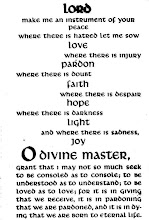


























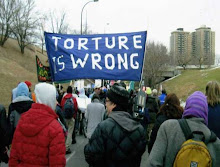





















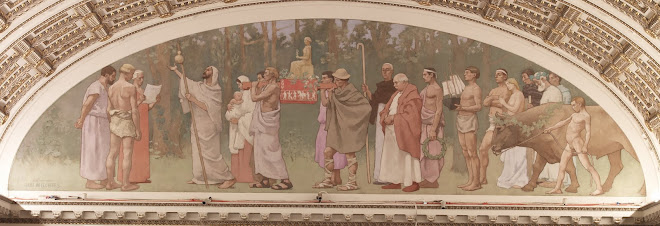























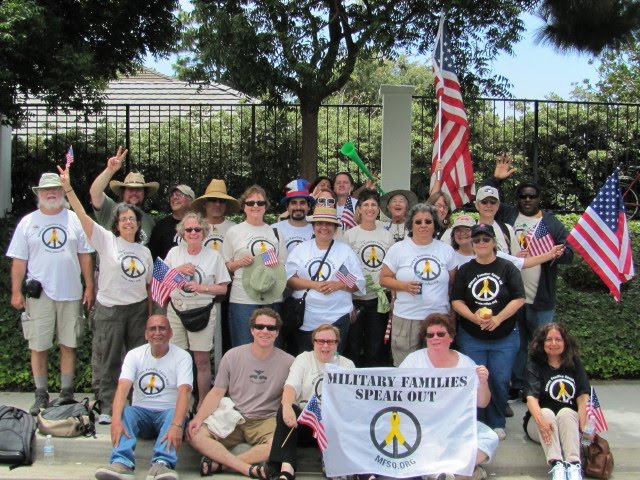






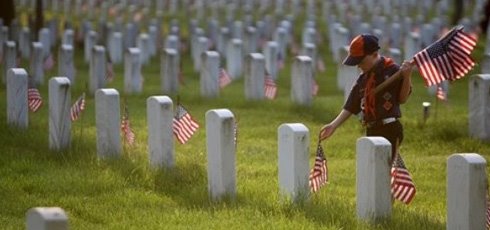









No comments:
Post a Comment